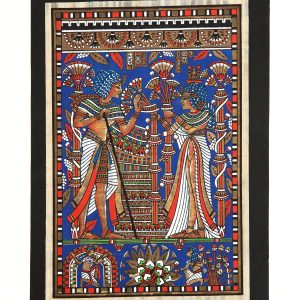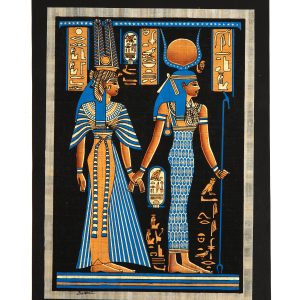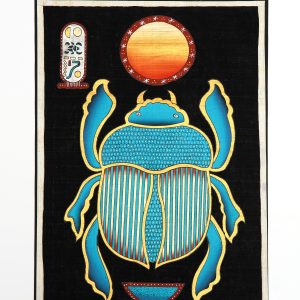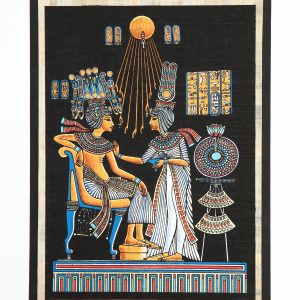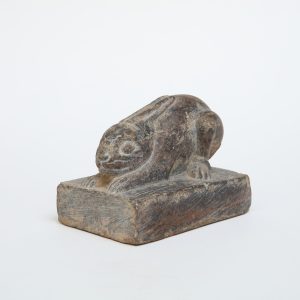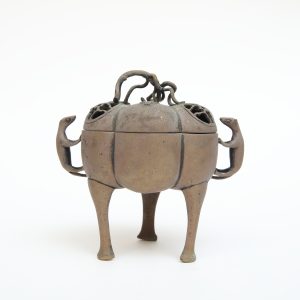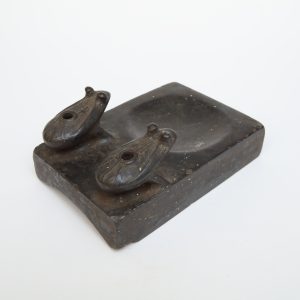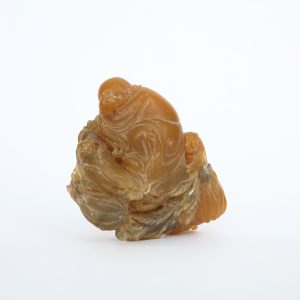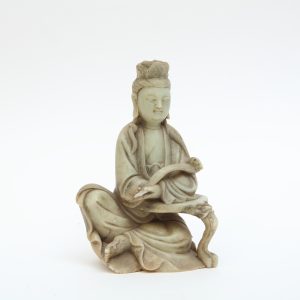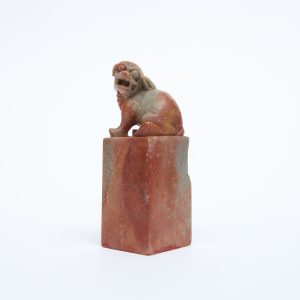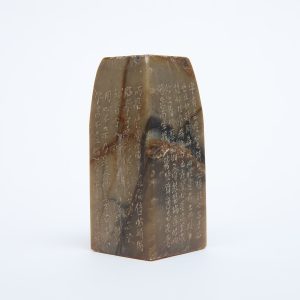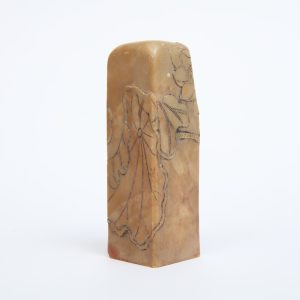If Fan Chou were still alive, how might he manage his collection? Lacking a will that designates specific individuals for certain items, we have decided to photograph all the artifacts and upload them online for visitors to enjoy.
If Fan Chou were still alive, how might he manage his collection? Lacking a will that designates specific individuals for certain items, we have decided to photograph all the artifacts and upload them online for visitors to enjoy.
While the market value of each item is one factor to consider, its true worth lies in the viewer’s perspective.
Each piece is crafted by skilled hands and thoughtful minds from around the globe, reflecting the time and effort invested in its creation.
These items once inspired awe, appreciation, and contemplation in Fan Chou as he handled and admired them at various moments.
From “Conversations with God,” Volume 3, page 471
The notion of “personal ownership” for highly evolved beings refers to their responsibility for all the valuable things they care for. Their relationship with objects is one of “cherishing.” In your terminology, this aligns closely with “stewardship.” Highly evolved beings are stewards, not “owners.”
The concept of ownership and its implications is not part of their culture. There is no notion of personal belongings or individual ownership. Rather than possess, they cherish. They embrace, love, and care for things without claiming them as their own.
Human possession stands in stark contrast to the cherishing nature of these evolved beings, a distinction best captured in your language.
The above excerpt was translated from Chinese on the website books.com.tw.
From “Conversations with God,” Volume 3, page 471
The notion of “personal ownership” for highly evolved beings refers to their responsibility for all the valuable things they care for.
Their relationship with objects is one of “cherishing.” In your terminology, this aligns closely with “stewardship.” Highly evolved beings are stewards, not “owners.”
The concept of ownership and its implications is not part of their culture. There is no notion of personal belongings or individual ownership.
Rather than possess, they cherish. They embrace, love, and care for things without claiming them as their own.
Human possession stands in stark contrast to the cherishing nature of these evolved beings, a distinction best captured in your language.
The above excerpt was translated from Chinese on the website books.com.tw.
-
拓片(RP)
蜜月花園
-
拓片(RP)
走向來世的美好
-
拓片(RP)
存在與再生
-
拓片(RP)
國王與皇后的情深
-
石雕刻(MJS)
承載祝福的兔形鎮紙
-
石雕刻(MJS)
聞香
-
石雕刻(MJS)
蟾蜍硯台:書韻與吉祥的交織
-
玉雕刻(MJS)
彌勒慈容 ‧ 吉祥之雕
-
玉雕刻(MJS)
如意觀音一念慈悲
-
石章(MJP)
瑞氣臨章,印之威儀
-
石章(MJP)
石與字的對話:書法與雕刻的古韻
-
石章(MJP)
蓮韻石語
-
拓片(RP)
蜜月花園
-
拓片(RP)
走向來世的美好
-
拓片(RP)
存在與再生
-
拓片(RP)
國王與皇后的情深
-
石雕刻(MJS)
承載祝福的兔形鎮紙
-
石雕刻(MJS)
聞香
-
石雕刻(MJS)
蟾蜍硯台:書韻與吉祥的交織
-
玉雕刻(MJS)
彌勒慈容 ‧ 吉祥之雕
-
玉雕刻(MJS)
如意觀音一念慈悲
-
石章(MJP)
瑞氣臨章,印之威儀
-
石章(MJP)
石與字的對話:書法與雕刻的古韻
-
石章(MJP)
蓮韻石語
The purpose of our website is to give these objects a chance to find new caretakers who will continue to appreciate, admire, and cherish them.
If you find something that captivates you, please feel free to reach out to us via the website’s email.
The purpose of our website is to give these objects a chance to find new caretakers who will continue to appreciate, admire, and cherish them.
If you find something that captivates you, please feel free to reach out to us via the website’s email.

